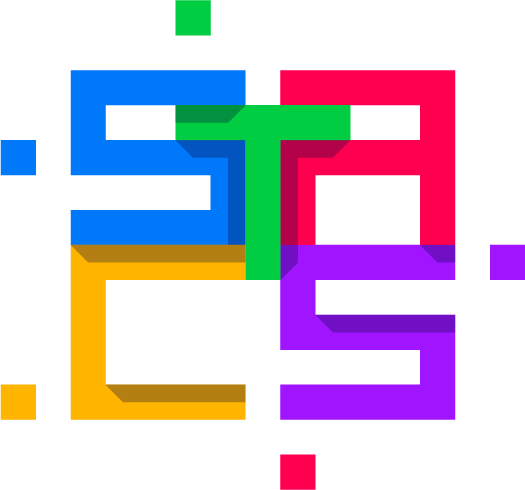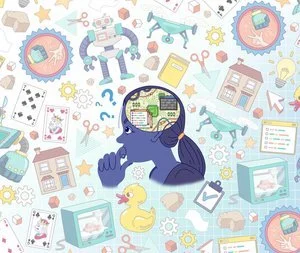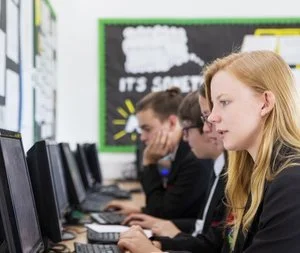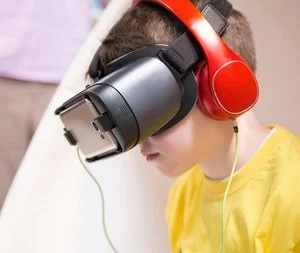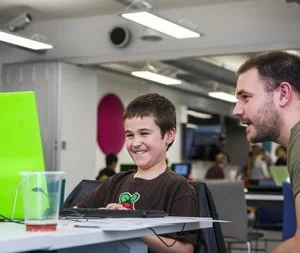Your filtered results are below
Raspberry Pi: Introduction to Machine Learning and AI
From self-driving cars to determining someone's age, artificial intelligence (AI) systems trained with machine learning (ML) are being used more and more. But what is AI, and what does machine learning actually involve?
Introduction to Machine Learning and AI
Discover the fundamentals of machine learning, how it works, and learn to train your own AI using free online tools. Build your knowledge and skills in machine learning.
Scratch to Python: Moving from Block- to Text-based Programming
Support learners to use the thinking & programming skills they learnt in Scratch in text-based programming languages like Python. Discover how you can transition learners from block to text-based programming.
Introduction to Programming with Scratch
Discover the fundamentals of programming using the block-based programming language Scratch. Learn how to program your own animations and games
Object-oriented Programming in Python: Create Your Own Adventure Game
Learn object-oriented programming principles by creating your own text-based adventure game in Python. Supported by Google. A fun introduction to object-oriented programming in Python
Programming Pedagogy in Secondary Schools: Inspiring Computing Teaching
Transform your teaching by developing your pedagogical approach.
Getting Started with Your Raspberry Pi
Start your Raspberry Pi journey with this introductory course.
A Beginner's Guide to Java Programming
Learn the fundamentals of Java programming and improve your test automation processes.
Creating an Inclusive Classroom: Approaches to Supporting Learners with SEND in Computing
Creating an Inclusive Classroom: Approaches to Supporting Learners with SEND in Computing
Teaching Digital Literacy: Videogames in Education
Dive into the fascinating world of videogames in education and discover the positive impact games can have on children’s learning.
Programming with GUIs
Learn what a Graphical User Interface is and write your own GUI-based applications with this practical course for teachers.
Impact of Technology: How To Lead Classroom Discussions
Learn how to keep 14-16 year-old students engaged in discussions while teaching computer science. Supported by Google.
Programming 103: Saving and Structuring Data
Learn how to save and structure data in external files, and import files back into your Python programs. Supported by Google.
Introducing Assessment for Learning
Develop your responsiveness as a teacher: learn how to assess student understanding and tailor lessons to improve learning.
Get Started Teaching Computing in Primary Schools: Preparing to teach 5 - 11 year olds
Improve your subject knowledge and develop inclusive lessons to teach computing to primary school pupils (aged 5 to 11 years old). Learn key concepts from the computing curriculum alongside education experts.
Innovation in EdTech: Hacking the Challenges of Digital Education
Explore how digital technologies are transforming education, and devise forward-thinking solutions to the challenges of EdTech. Develop innovative ideas to improve the future of digital education
How to Plan a Hackathon: Hacking the Challenges of Digital Education
Explore how to plan and organise a non-technical hackathon designed to drive community-sourced innovation in EdTech. Get expert tips on how to run a great hackathon.
Data Representation in Computing: Bring Data to Life
Learn how data is represented through media; audio, visual and text. Supported by Google. Learn how data is represented through media; audio, visual and text.
Teaching Physical Computing with Raspberry Pi and Python
Explore the exciting world of physical computing and create electronic circuits that you can control with code. Learn the benefits of using physical computing with your students.
Programming 102: Think Like a Computer Scientist
Take your Python skills further in this online course, guided by the Raspberry Pi Foundation and supported by Google. Find out what else you can do with Python.
